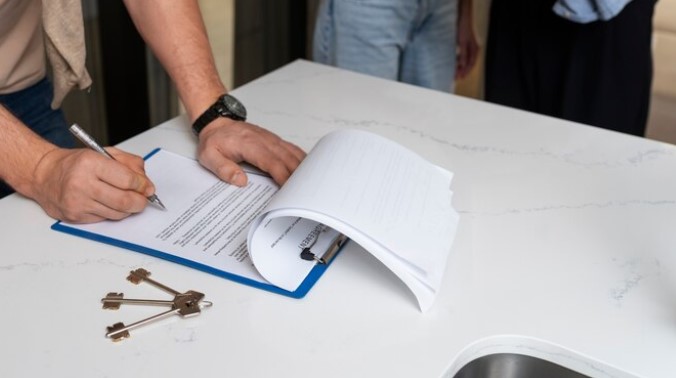Building a house from the ground up is an exciting opportunity to create a space that perfectly fits your needs, style, and lifestyle. However, the process is complex and requires careful planning, strategic decisions, and collaboration with various professionals to ensure a successful outcome. From selecting the right location to making design choices that enhance both functionality and aesthetics, there are many factors to consider before breaking ground. This article outlines essential things to know before building a house, with insights into the critical role of design and the benefits of involving a interior designer in the process.
Location and Land Selection
The location of your new home is one of the most critical decisions you will make, as it influences not only your daily living experience but also the long-term value of your property. Factors such as proximity to work, schools, shopping centers, and recreational areas should be carefully weighed against the cost of land and the surrounding community. It’s essential to research zoning laws, environmental restrictions, and future development plans in the area, as these can significantly impact your build and property value.
Before purchasing land, conduct a thorough site evaluation with the help of a professional to assess the suitability of the soil, drainage, and topography. These factors affect not only the structural integrity of the home but also the complexity and cost of construction. For instance, building on a slope may require additional grading and foundation work, while areas prone to flooding may need specialized drainage systems. Understanding these considerations upfront can help you avoid unexpected challenges and costs down the line.
Budgeting and Financing
Building a home can be more expensive than buying an existing one, so having a clear budget is essential. Your budget should account for not just the cost of construction but also permits, design fees, landscaping, and potential contingencies for unforeseen expenses. It’s crucial to work with a financial advisor or builder who can provide a realistic cost estimate based on your design preferences, the size of the home, and the complexity of the build.
Securing financing is another key step in the process. Construction loans differ from traditional mortgages in that they are typically short-term and cover the cost of the building phase. Once construction is complete, the loan is often converted into a regular mortgage. It’s important to have a strong understanding of how these loans work, including the interest rates, terms, and payment schedules, to ensure your financing aligns with your overall budget.
Understanding the Building Process
Building a home involves multiple stages, each requiring careful coordination and oversight. The process typically begins with site preparation and foundation work, followed by framing, roofing, and exterior finishes. Inside the home, plumbing, electrical, and HVAC systems are installed before drywall and interior finishes are added. It’s important to have a basic understanding of this timeline, as delays at any stage can impact the overall schedule and budget.
Communication with your builder is key to staying informed about the progress of the build and addressing any issues that arise. Regular site visits and meetings with the construction team can help ensure that the project remains on track and that any design adjustments are made promptly. Building a home is a collaborative effort, and staying engaged in the process helps ensure that the final result meets your expectations.
The Importance of Future-Proofing Your Home
When building a home, it’s important to think beyond your immediate needs and consider future requirements. This includes designing flexible spaces that can adapt to changing family dynamics, such as home offices, guest rooms, or additional storage. Incorporating energy-efficient systems, sustainable materials, and smart home technologies can also future-proof your home, making it more appealing and functional in the long term.
Planning for the future also means considering resale value. Design choices that enhance curb appeal, functionality, and energy efficiency can significantly increase the marketability of your home should you decide to sell. Working with a new construction interior designer can help identify design elements that not only suit your personal style but also add lasting value.
Conclusion: Building with Confidence
Building a home is a significant undertaking that requires careful planning, strategic decisions, and a clear understanding of the construction process. From choosing the right location and securing financing to designing a space that meets your needs, every step plays a crucial role in bringing your vision to life. Engaging with experienced professionals, including architects, builders, and interior designers, ensures that your new home is not only beautiful but also built to last. By understanding the key considerations before building, you can navigate the process with confidence and create a home that truly reflects your aspirations.

